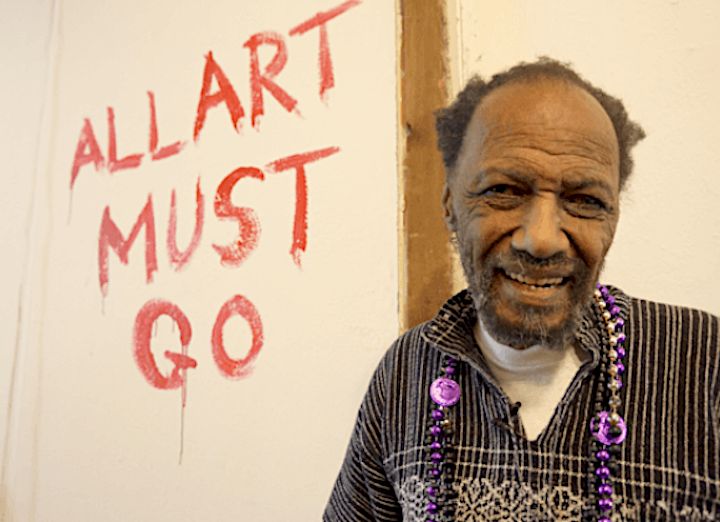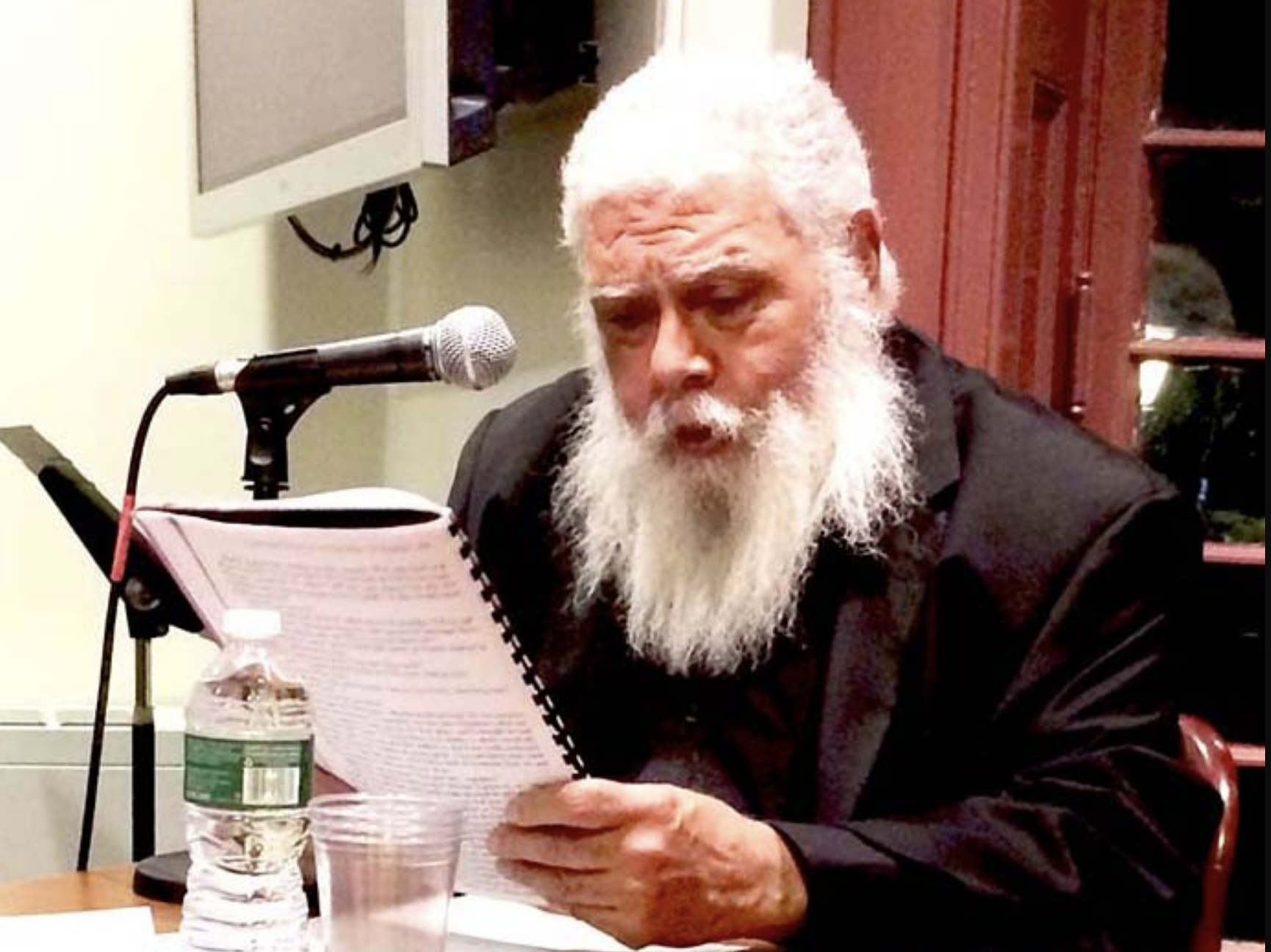Al Filreis
Al Filreis
Dorothea Lasky: What is between us
Notes on her recent work

January 21, 2020
Introduction to Almallah's 'Bitter English'
October 16, 2019
Steve Cannon: New Orleanian, Black Bohemian, Art World Giant
by Tracie Morris

July 16, 2019
Samuel R. Delany: disability and 'Dhalgren'

June 6, 2019


